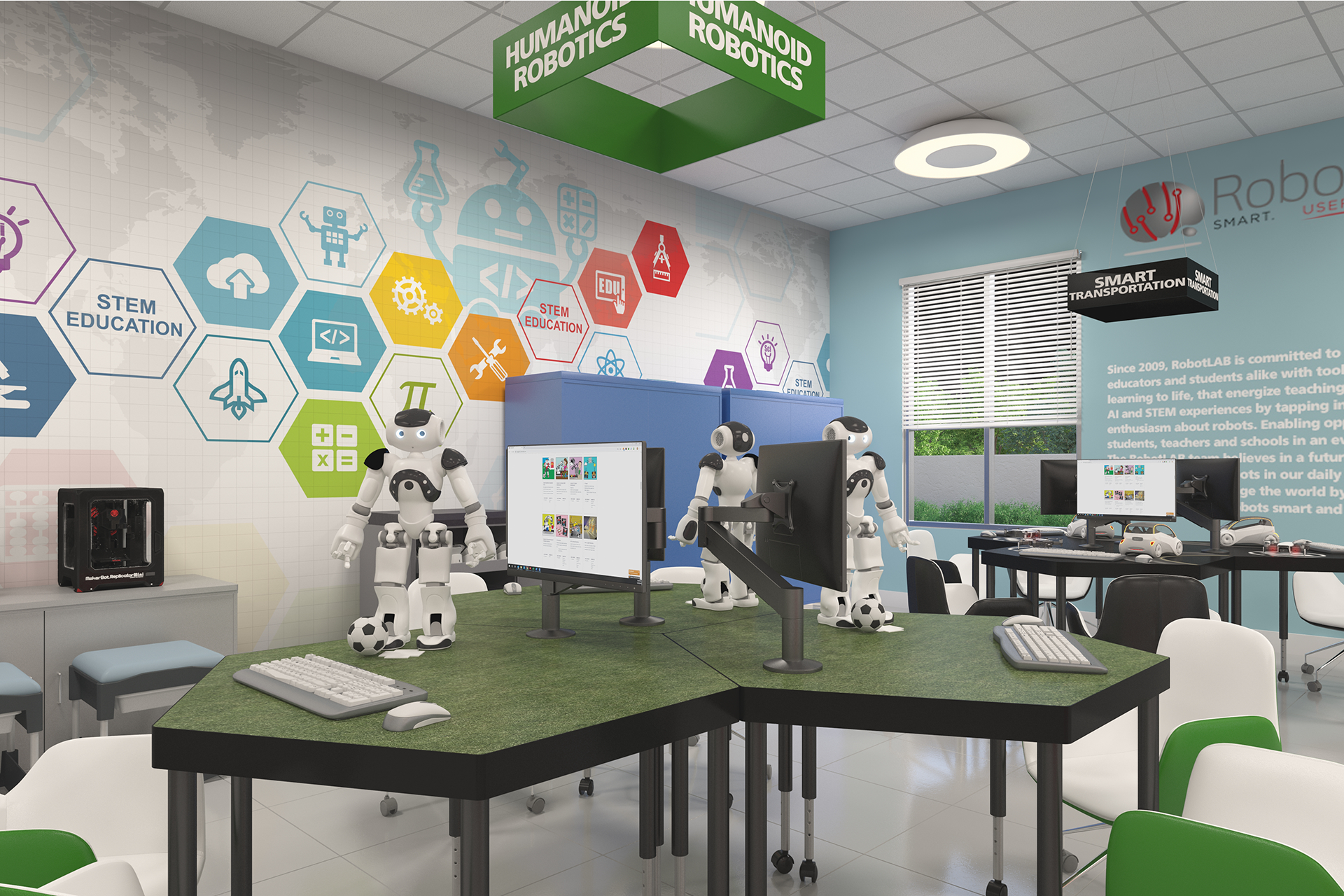RobotLAB Blog
Everything You Need To Know About Robotics in Businesses
Summer break checklist for teachers: 5 ideas and tips
 Photo by Christina @ wocintechchat.com on Unsplash
Photo by Christina @ wocintechchat.com on Unsplash
It has been a very long and challenging two-year period for schools all around the world. And if you are a teacher, you probably can relate. But you made it through and now you can finally relax!
You are probably asking what’s next when school starts again for the 2021/2022 academic year. Even though the global scenario is slowly getting back to normal for most countries, uncertainty is still there. One thing is for sure: you need to recharge your batteries and get in the right mindset. Grab your notebook, we have made up a list of 5 ideas and tips to help you create your own Summer break checklist!
- 0 Comments
- Jul 12, 2021 10:53:47 AM
- Posted by Natalia Galvis
- Topics: EdTech, STEM, students, Technology, Innovation, Edchat, Jobs, STEMjobs, Digital Technology, online, lessons, careers
How Important Is Technology in Nowadays’ Education
By Ryan Pell
 Photo by ThisisEngineering RAEng on Unsplash
Photo by ThisisEngineering RAEng on Unsplash
Growing up, most of us had a teacher who refused to implement technology in the lessons. They had their trusty old textbook and thought that everything that’s written there would remain true through the ages.
However, that’s not how education works. It evolves rapidly, thanks to technology for the most part. According to Promethean, the focus on boosting student engagement with tech has increased by 29%. And yet, the implementation of EdTech is the priority for only 39% of U.S. schools.
Today, we’re going to take a look at the role technology plays in today’s education and why more schools should give it a priority.
- 0 Comments
- Jul 8, 2021 10:00:00 AM
- Posted by Natalia Galvis
- Topics: EdTech, STEM, students, Technology, Innovation, Edchat, Jobs, STEMjobs, Digital Technology, online, lessons, careers
Pepper Robot Debut a Small/Medium Business Version
This affordable package allows small businesses struggling with labor shortages to automate their customer service and user experience.
 Pepper Robot Wine Store RobotLAB
Pepper Robot Wine Store RobotLAB
- 0 Comments
- Jul 7, 2021 6:25:12 PM
- Posted by Natalia Galvis
- Topics: EdTech, STEM, students, Technology, Innovation, Edchat, Jobs, STEMjobs, Digital Technology, online, lessons, careers
How To Prepare Students For The Jobs of The Future
By Joe Lombardi

Educating today's students for tomorrow's nonexistent jobs can be a challenge--one educators should be prepared to meet.
- 0 Comments
- Jul 7, 2021 10:00:00 AM
- Posted by Natalia Galvis
- Topics: EdTech, STEM, students, Technology, Innovation, Edchat, Jobs, STEMjobs, Digital Technology, online, lessons, careers
We Can’t Predict the Jobs of the Future, But We Know What STEM Skills Matter
What do a drone operator, genetic counselor, and data miner all have in common? None of these jobs existed five years ago, and all of them will likely transform again in the next five years. The crystal ball for career planning is decidedly less certain than it was in the past. By some estimates, 85% of the jobs that will exist in 2030 haven’t even been invented yet, and there are number of STEM skills that will help students be successful.

- 0 Comments
- Aug 15, 2019 10:30:00 AM
5 Hot Engineering Jobs for Grads
Engineering graduates can look forward to working in an innovative and lucrative occupation in a variety of fields, ranging from computers to materials to machines. Positions requiring technical skills, such as those in computer science, engineering and information technology, have higher average salaries than those in other fields. In addition, some of the fastest growing careers are in engineering.

- 0 Comments
- Aug 2, 2019 12:12:40 PM
- Posted by Natalia Galvis
- Topics: EdTech, STEM, Engineering, STEMchat, Edchat, Jobs
Relevant Posts
- Augmented Reality: A Tool for Teaching Students Robot Programming
- Fostering Innovation Through Youth Education in STEM and EdTech
- How Parents Can Foster STEM Learning Beyond the Classroom
- How Robotics Cultivates a Deep Understanding of Mathematics in Students
- RobotLAB Receives EDTech Chronicle 2023 ‘BESTIE’ Award for Landmark Partnership with American Samoa Dept. of Education.
Subscribe to Email Updates
-
I Want To Learn MoreADDITIONAL INFORMATION
